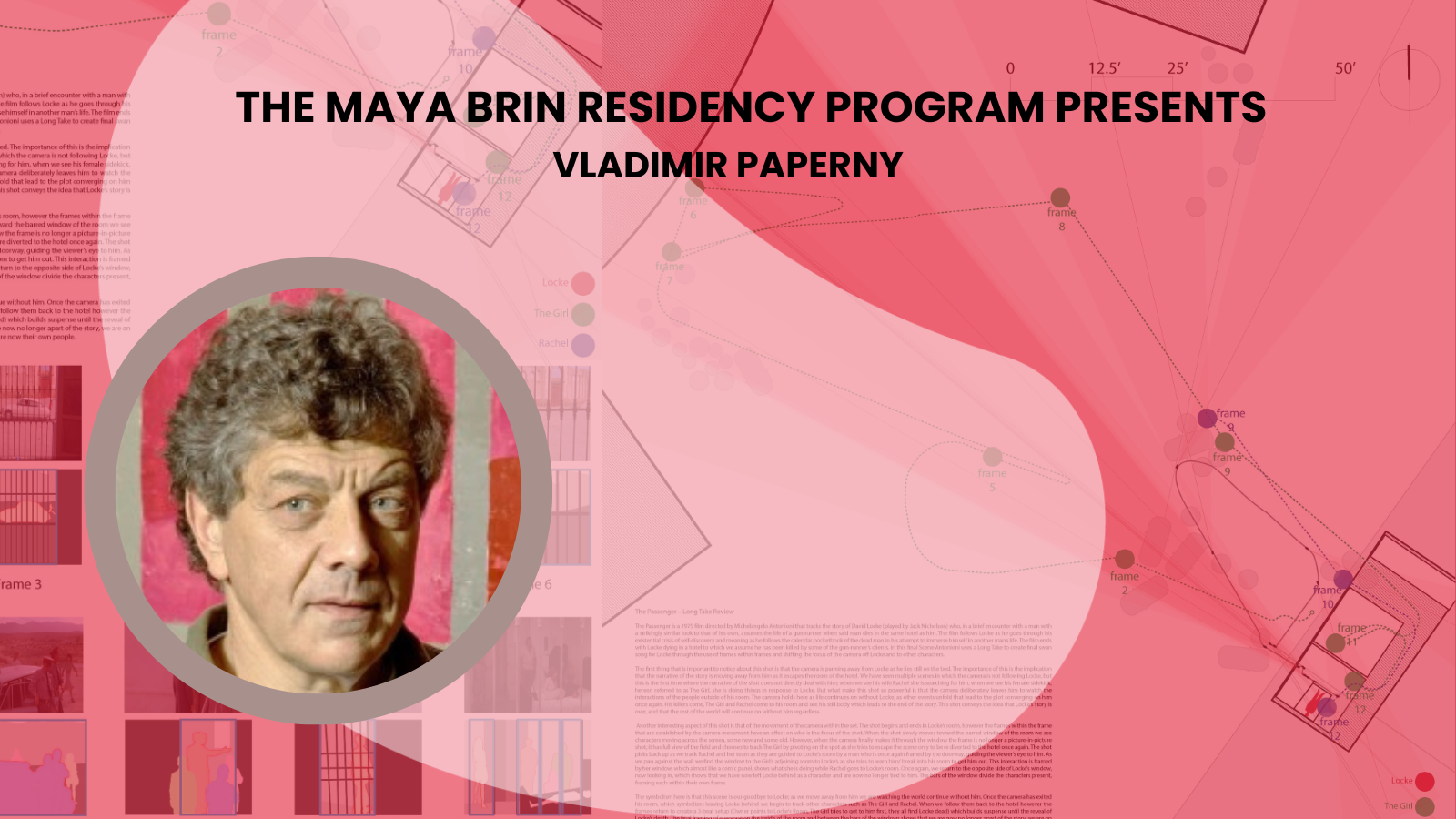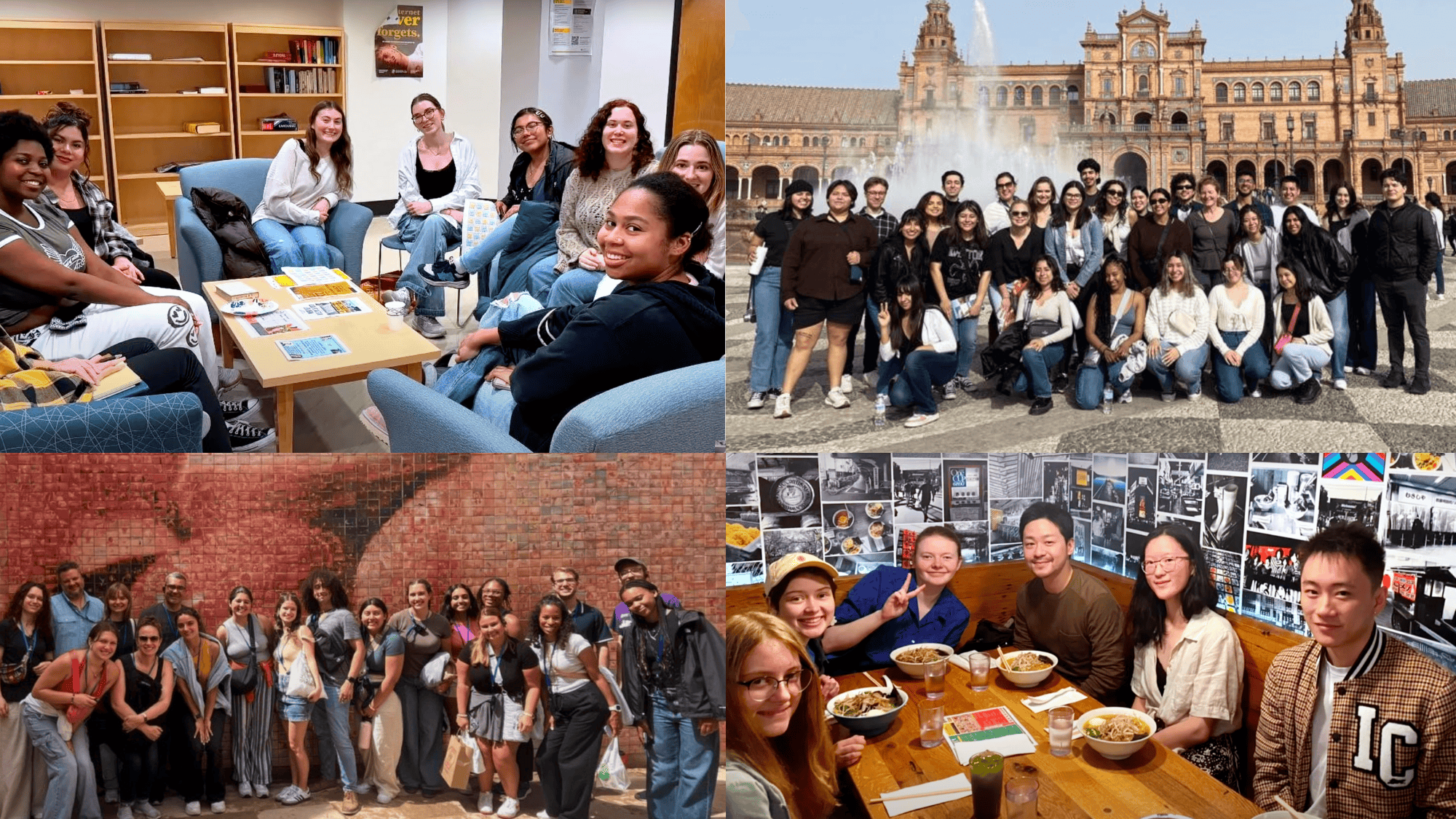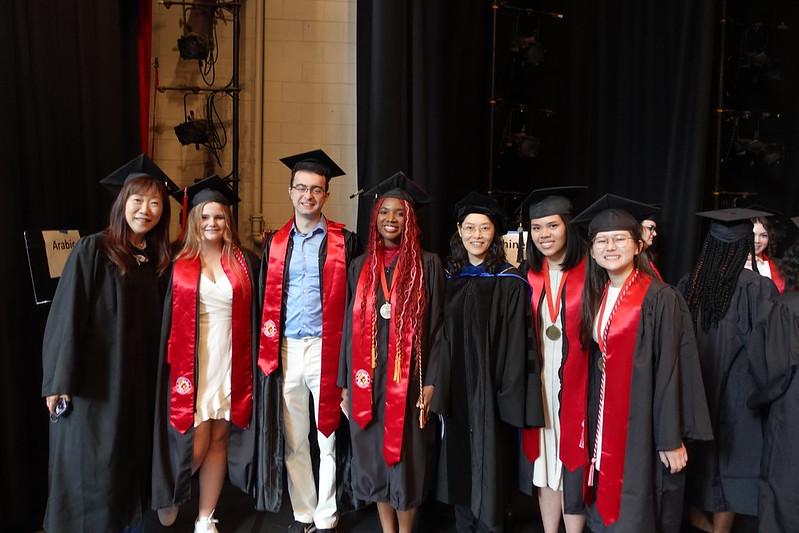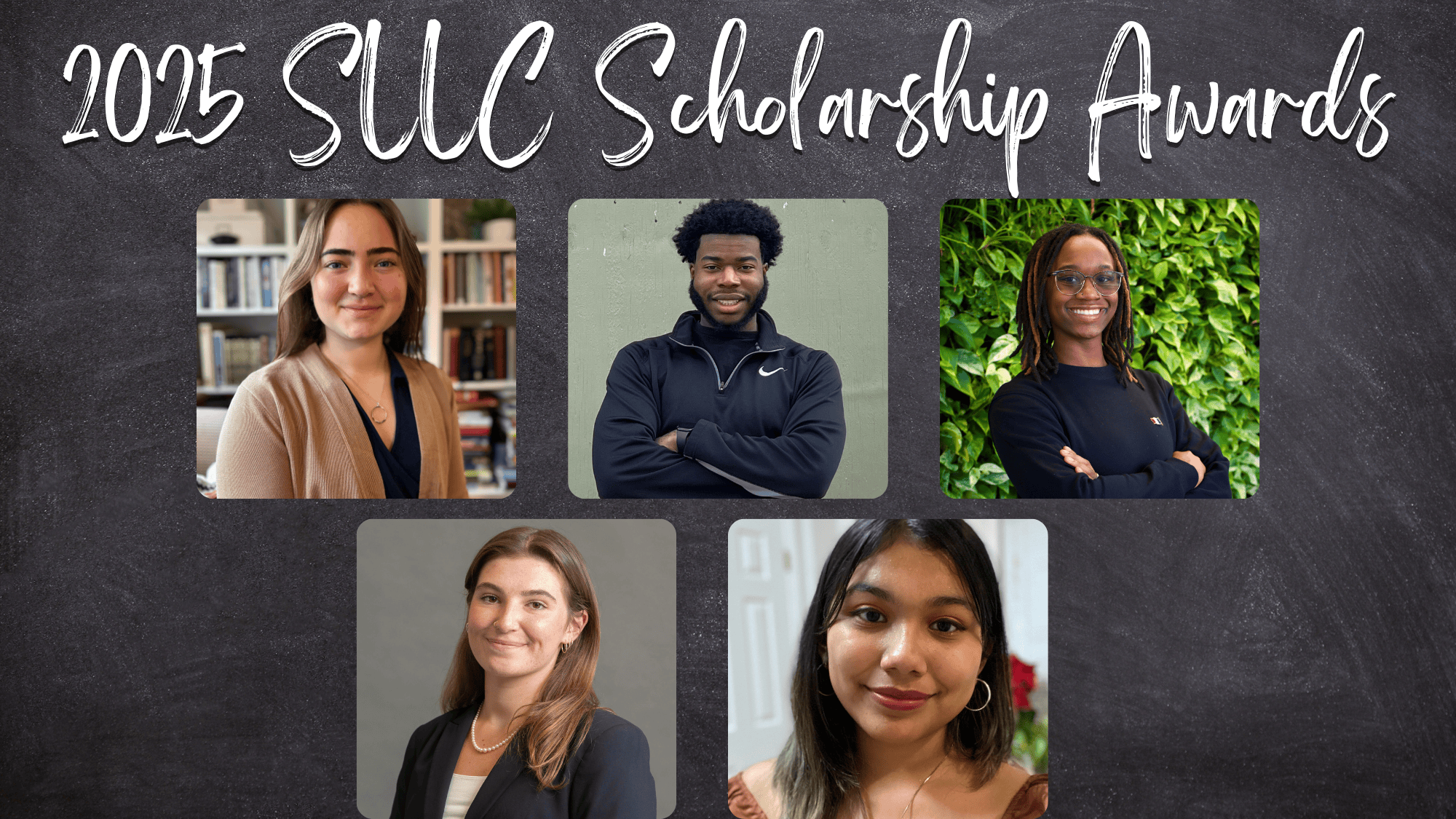University of Maryland School of Languages, Literatures, and Cultures Home
Welcome to the School of Languages, Literatures, and Cultures in the College of Arts and Humanities at the University of Maryland, College Park.
We invite you to learn more about our languages and programs, our undergraduate and graduate degrees and our special programs like the Language House Living-Learning Program, the Language Partner Program, the Persian Flagship Program, Project GO and the Summer Language Institutes.
About Us
Undergraduate Programs
Undergraduate Programs
The School is a transdisciplinary teaching and research unit. Our students, faculty, and staff investigate and engage with the linguistic, cultural, cinematic, and literary worlds of speakers of Arabic, Chinese, French, German, Hebrew, Italian, Japanese, Korean, Persian, Portuguese, Russian, and Spanish, as well as Cinema and Media Studies.
Graduate Programs
Graduate Programs
The School of Languages, Literatures, and Cultures offers three Ph.D. programs, four M.A. programs and an advanced graduate certificate in Second Language Acquisition. Our students pursue successful careers in academia, the government, secondary education and the private sector.
Graduate ProgramsFaculty and Staff
Alumni
Alumni
Stay connected with SLLC as an alum by sharing news of your accomplishments, joining our newsletter, attending events and giving back.
Learn More About SLLC
News and Announcements View All News
Go Beyond the Classroom
Recent Research ActivitiesResearch and Innovation
Puppetry Networks of the Island of Naoshima
This article was awarded the Carol Fisher Sorgenfrei Prize for Japanese Theatre Scholarship.
Contributor(s): Jyana S. BrowneJyana S. Browne has been awarded the Carol Fisher Sorgenfrei Prize for Japanese Theatre Scholarship for her article “Puppetry Networks of the Island of Naoshima” in Theatre Research International 49, no. 2 (2024).
Presented annually by the Association for Asian Performance (AAP), this prize recognizes an early career scholar for an outstanding article, chapter, or essay on Japanese theatre or performance published in English during the calendar year. The award is designed to promote and encourage the study of Japanese theatre and performance, honoring emerging voices who advance the field.
Realisms in Japan’s Eighteenth-Century Puppet Theatre
This chapter was awarded the Nancy Staub Publication Award.
Author/Lead: Jyana S. BrowneJyana S. Browne has been awarded the Nancy Staub Publication Award for her book chapter “Realisms in Japan’s Eighteenth-Century Puppet Theatre” in Realisms in East Asian Performing Arts (University of Michigan Press, 2023).
The award, given annually by UNIMA-USA (the North American Center of Union Internationale de la Marionnette), recognizes outstanding scholarship in puppetry arts. Named in honor of Nancy Lohman Staub—an original member of UNIMA-USA known for her leadership, writing, and contributions to the Center for Puppetry Arts Museum in Atlanta—the award celebrates scholarship that deepens understanding of puppetry worldwide.
A Study of Rumi’s Children and Their Role in the Development of the Mawlawi Order
This study explores the role of Rumi’s children, especially Sultan Walad and Ala al-Din, in shaping the Mawlawi Order, tracing their contributions to its spiritual, cultural and institutional foundations.
Author/Lead: Mohammad Navid BazarganThis research investigates the pivotal yet often overlooked role of Rumi’s children in the formation and institutionalization of the Mawlawi (Mevlevi) Order. While Rumi’s own charisma, poetry and spiritual influence are the foundation of this movement, its continuity and transformation into a lasting Sufi order depended heavily on the contributions, struggles and ambitions of his sons, especially Baha al-Din Sultan Walad and Ala al-Din. The study begins with a detailed analysis of Rumi’s correspondence (Maktubat) and Shams Tabrizi’s Maqalat, as well as hagiographical sources such as Aflaki’s Manaqib al-ʿArifin and Sepahsalar’s Risala. These sources shed light on the personal qualities, flaws, and challenges of Rumi’s children. Sultan Walad emerges as the dutiful yet ambitious son, committed to consolidating the Mawlawi Order through organizational structures, endowments, political ties and poetic works (Walad-nama, Rabab-nama, Enteha-nama). In contrast, Ala al-Din is depicted as restless and resistant, at times in conflict with Shams, Rumi, and even the ethos of Rumi’s household. The project highlights how Sultan Walad’s endeavors marked a shift from Rumi’s orientation toward a mystical “system of truth” to a system rooted in institutional power. While Rumi resisted sycophantic ties with rulers and emphasized inner transformation, Sultan Walad pragmatically sought political alliances, produced panegyrics, and created organizational continuity for the order. His poetic imitations of Rumi reveal both his literary limitations and his effort to legitimize himself as heir to Rumi’s legacy. Ultimately, this research argues that the Mawlawi Order was not solely the outcome of Rumi’s genius but also the product of negotiation, institutional creativity, and even ambition on the part of his children and successors. By situating these developments within the socio-political landscape of 13th-century Anatolia under Mongol rule, the study demonstrates how mystical charisma and worldly power converged to shape one of the most enduring Sufi traditions in Islamic history
Land Acknowledgement
Every community owes its existence and strength to the generations before them, around the world, who contributed their hopes, dreams, and energy into making the history that led to this moment.
Truth and acknowledgement are critical in building mutual respect and connections across all barriers of heritage and difference.
So, we acknowledge the truth that is often buried: We are on the ancestral lands of the Piscataway People, who are the ancestral stewards of this sacred land. It is their historical responsibility to advocate for the four-legged, the winged, those that crawl and those that swim. They remind us that clean air and pristine waterways are essential to all life.
This Land Acknowledgement is a vocal reminder for each of us as two-leggeds to ensure our physical environment is in better condition than what we inherited, for the health and prosperity of future generations.
Office of Diversity and Inclusion





